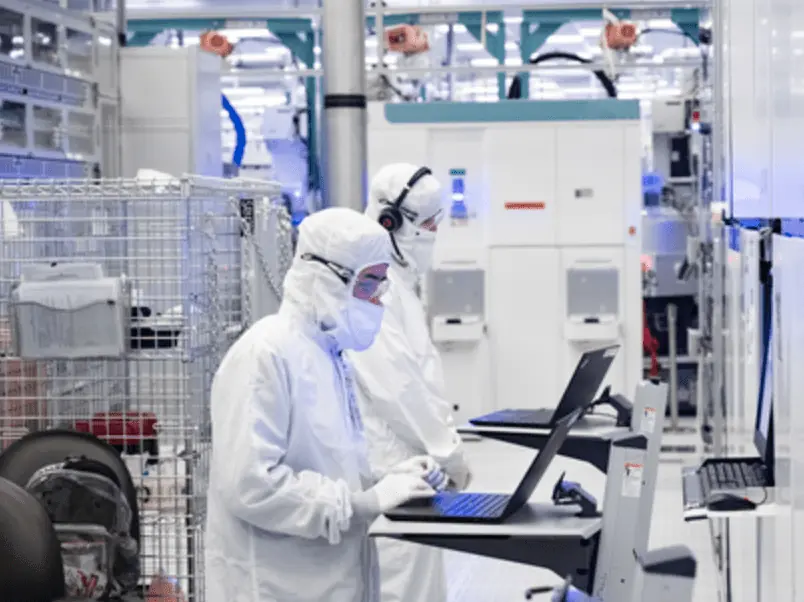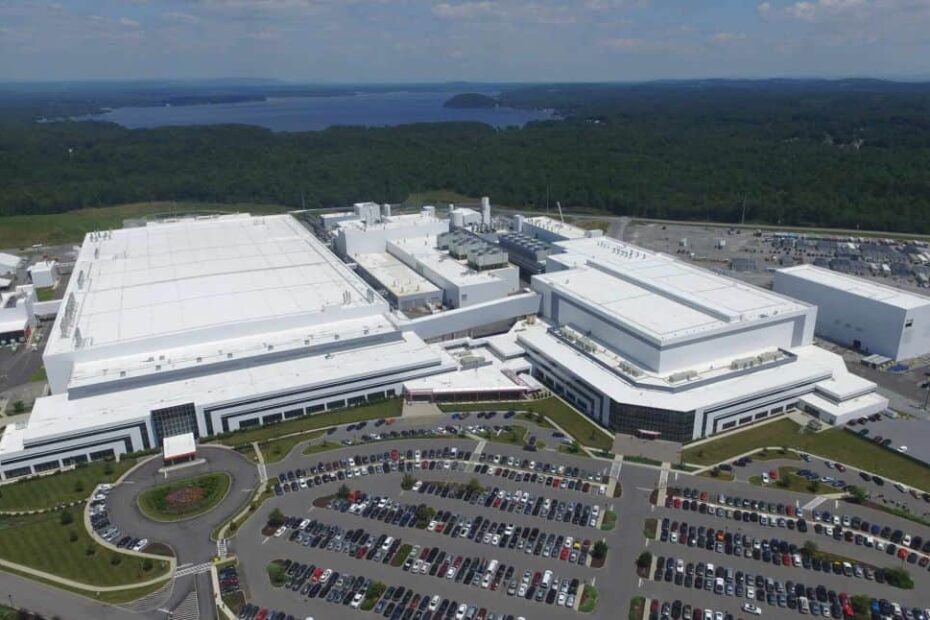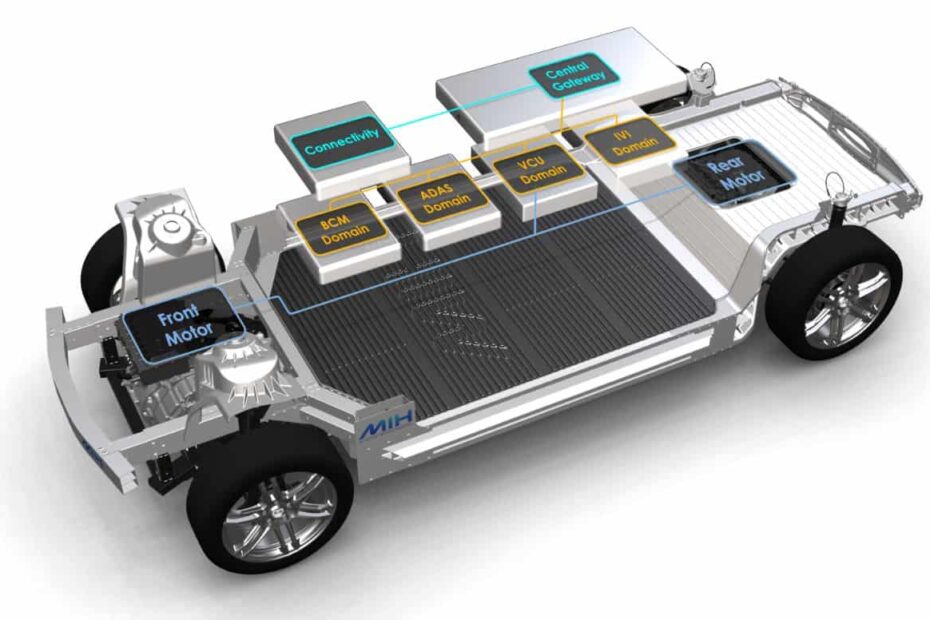By Junko Yoshida
What’s at stake:
While carmakers claim their autonomous vehicles (AV) are safe enough to relegate a human driver to “rider” status, they quibble that neither carmaker nor car are liable for mishaps. Now, an AV bill proposed in Washington state goes beyond quibbling, by shielding AV companies from even the whiff of liability.
Autonomous vehicles are neither dead nor going away. Robo-taxis by Cruise and Waymo continue to operate in downtown San Francisco despite repeatedly causing traffic snafus. Next on the AV wish list are self-driving eighteen-wheelers on the highway. No drivers need apply. The industry’s first Level 3 vehicles, which no longer require the human behind the wheel to pay attention to the road (until the car requests him to take over), will hit the consumer market later this year.
Against this backdrop, AV company lobbyists have been advancing, state by state, new legislation that will pave the way for robocars. The objective is a free pass for companies to unleash and test their highly automated vehicles — without human drivers — on public roads, with few safety questions asked and few legal and financial strings attached.
Read More »If Nobody’s Driving a Self-Driving Car, Who Do You Sue? 









